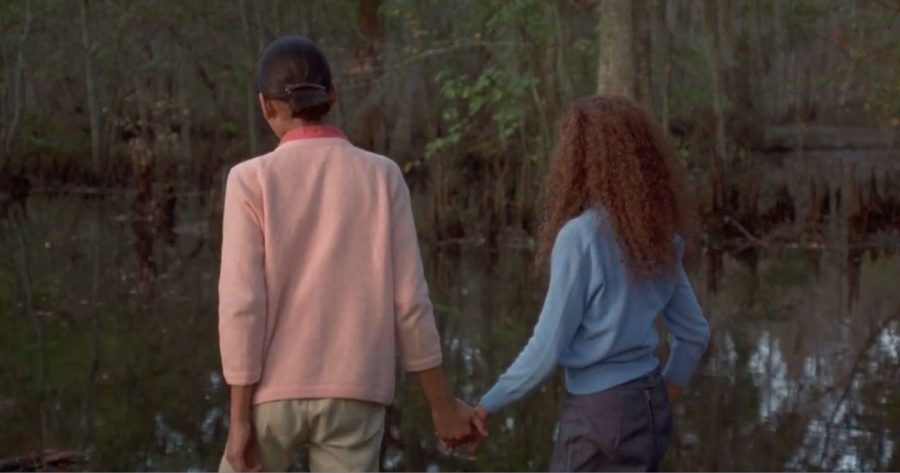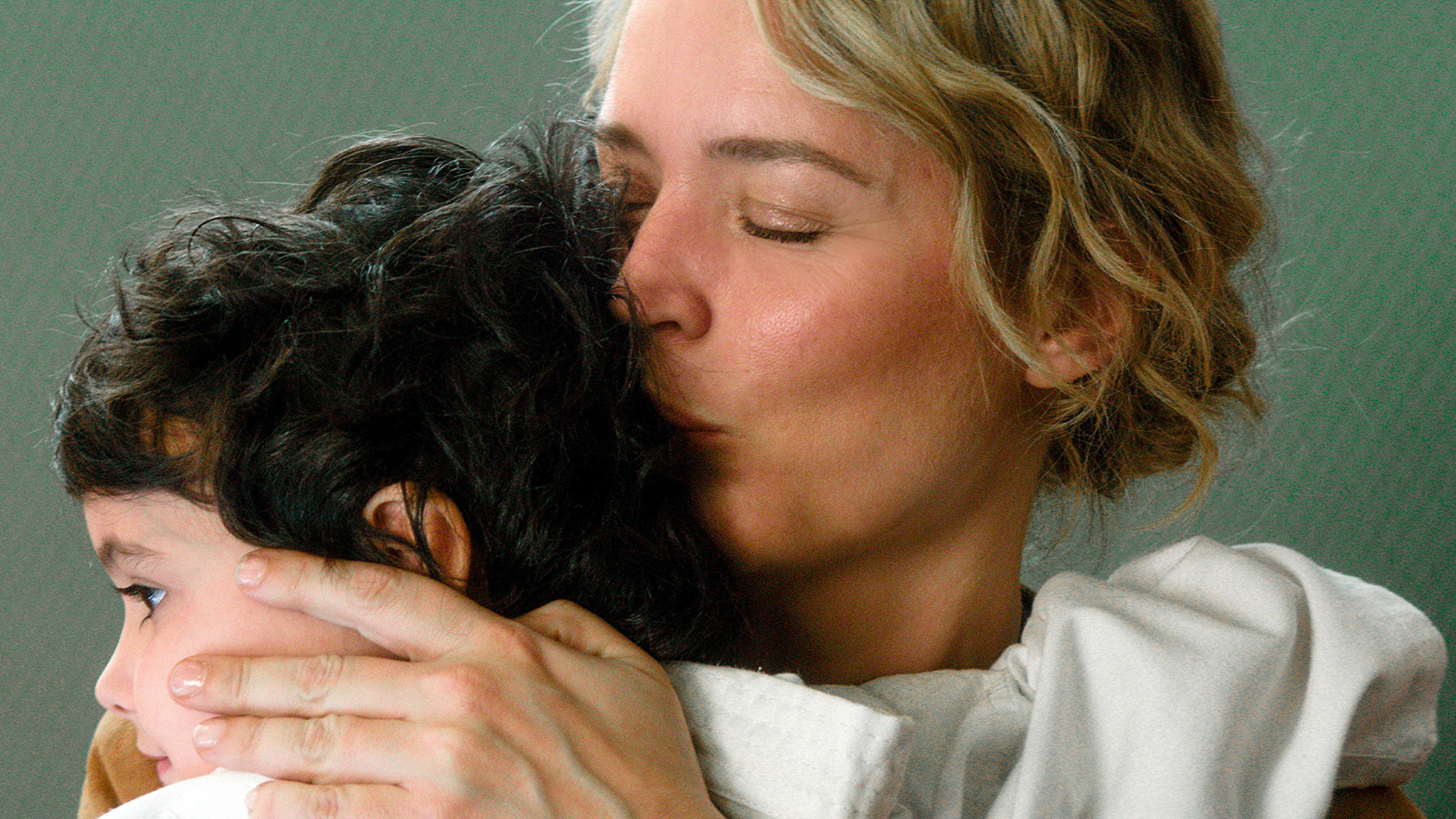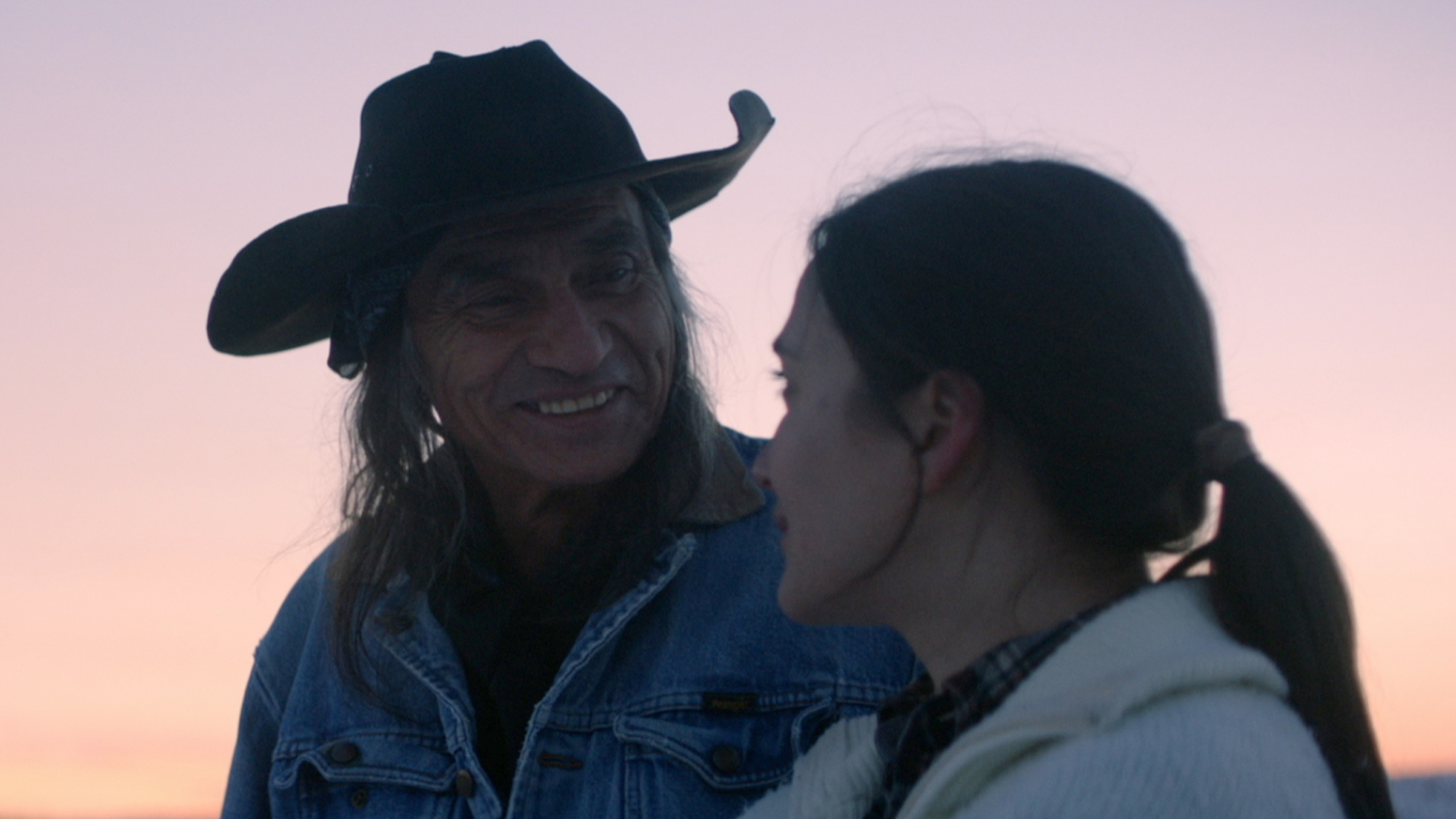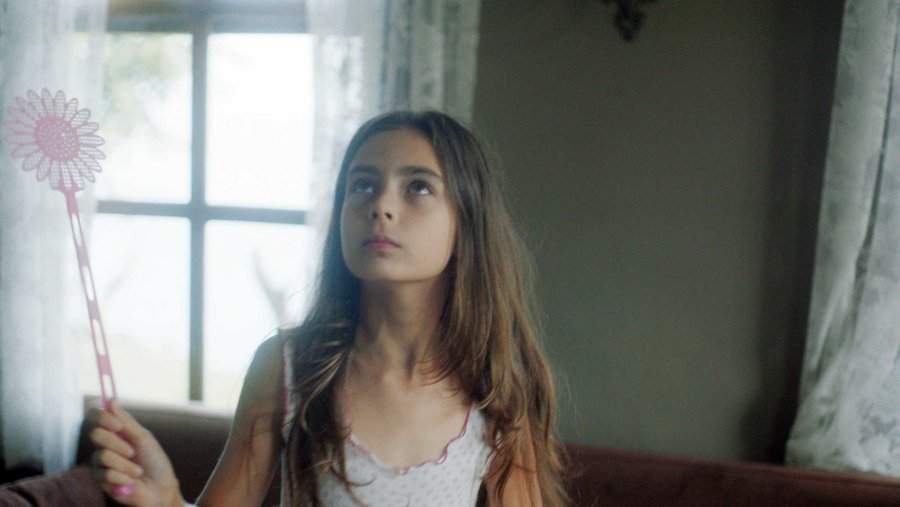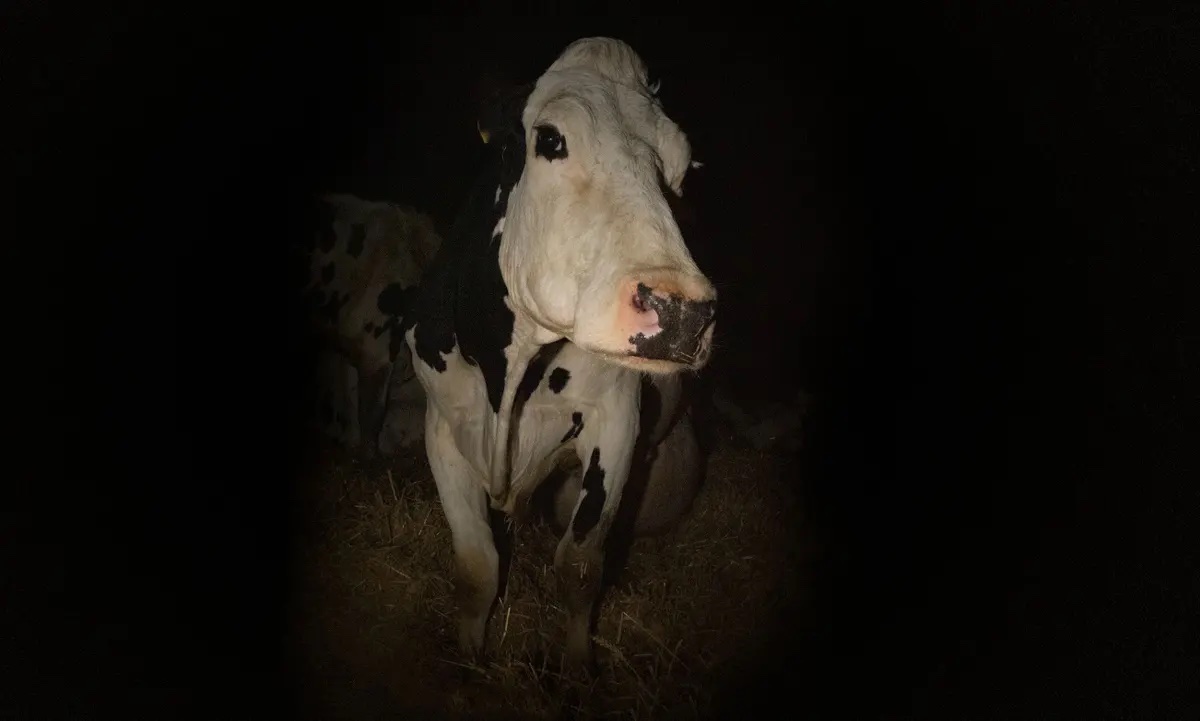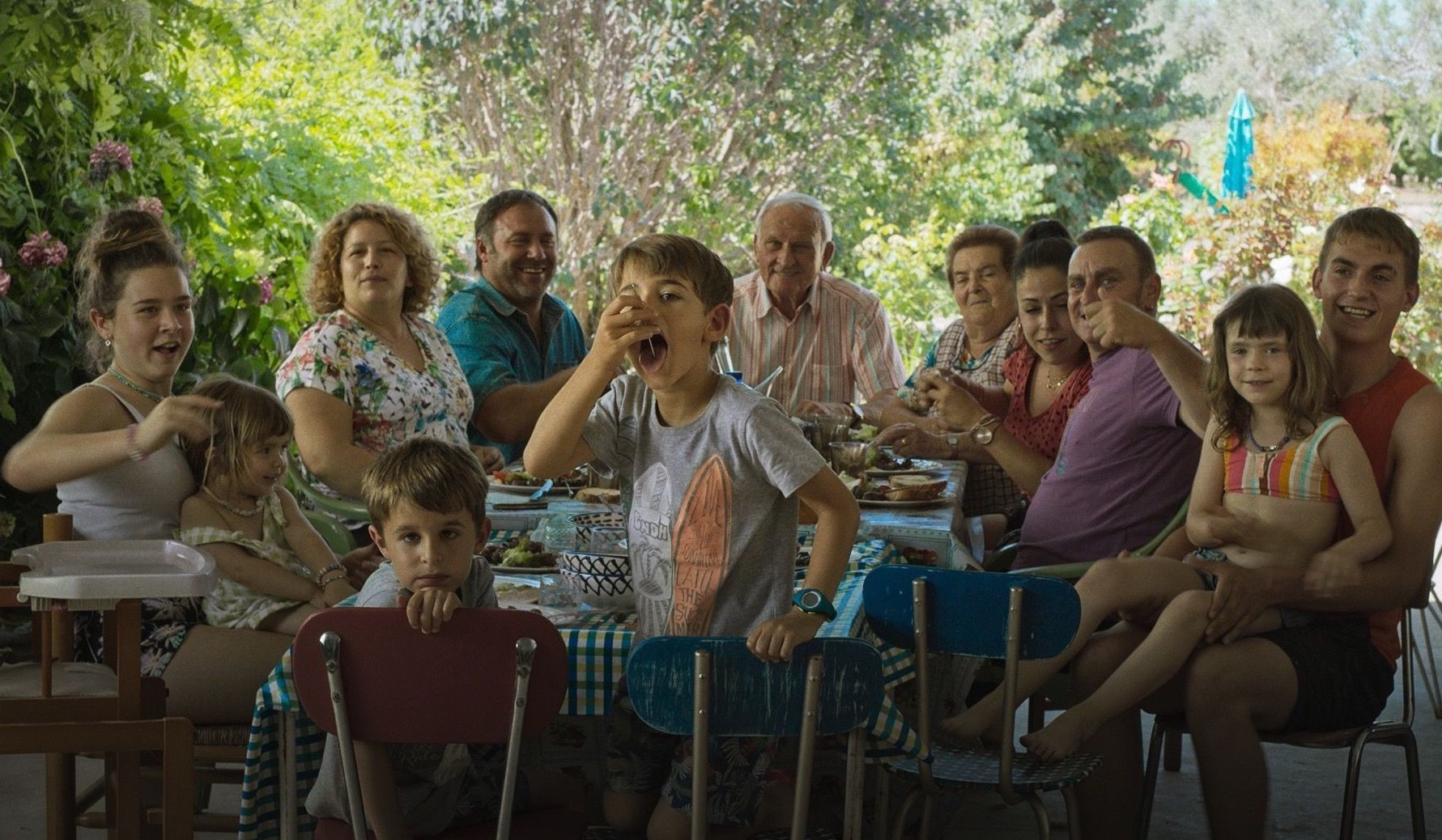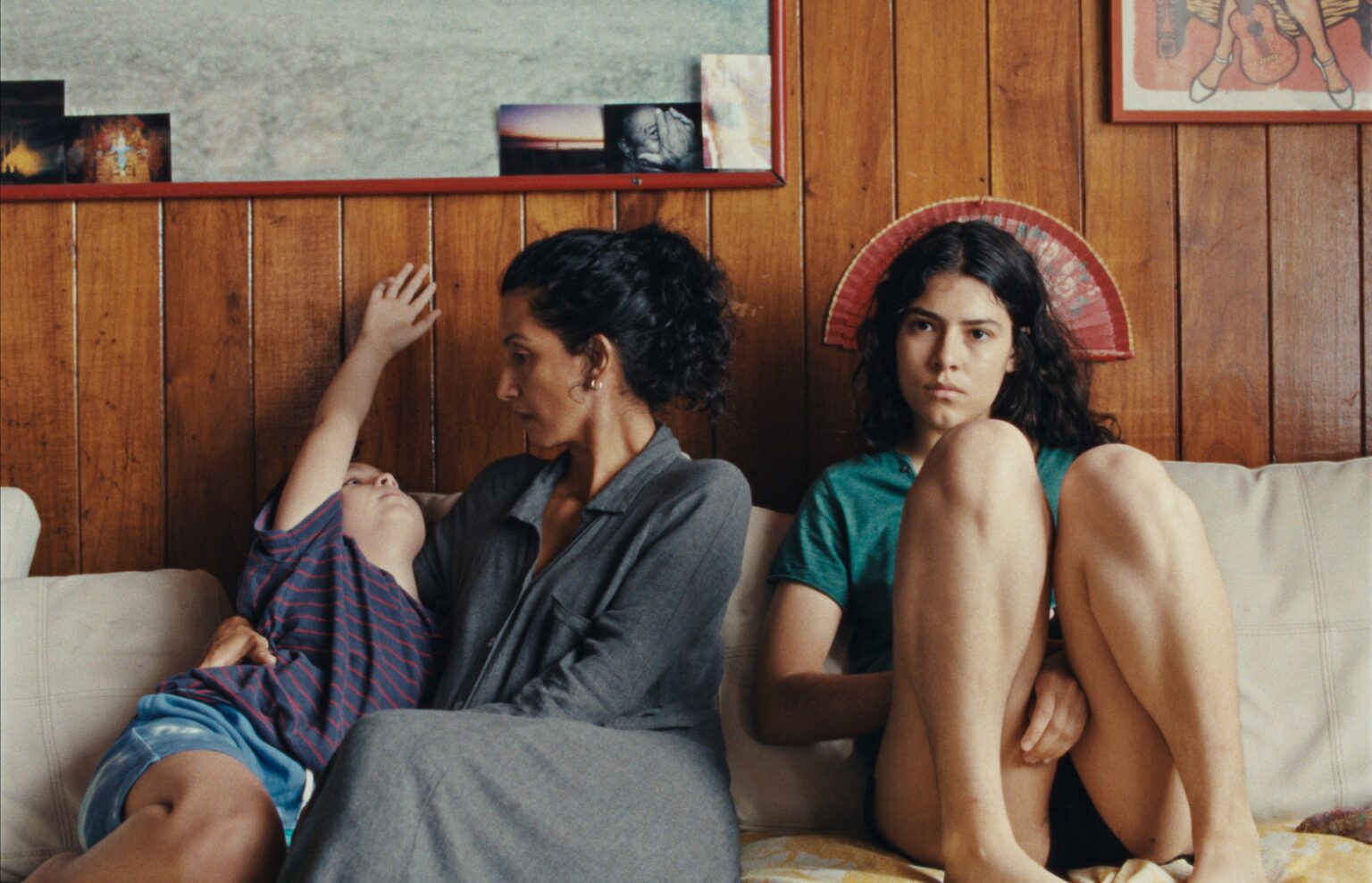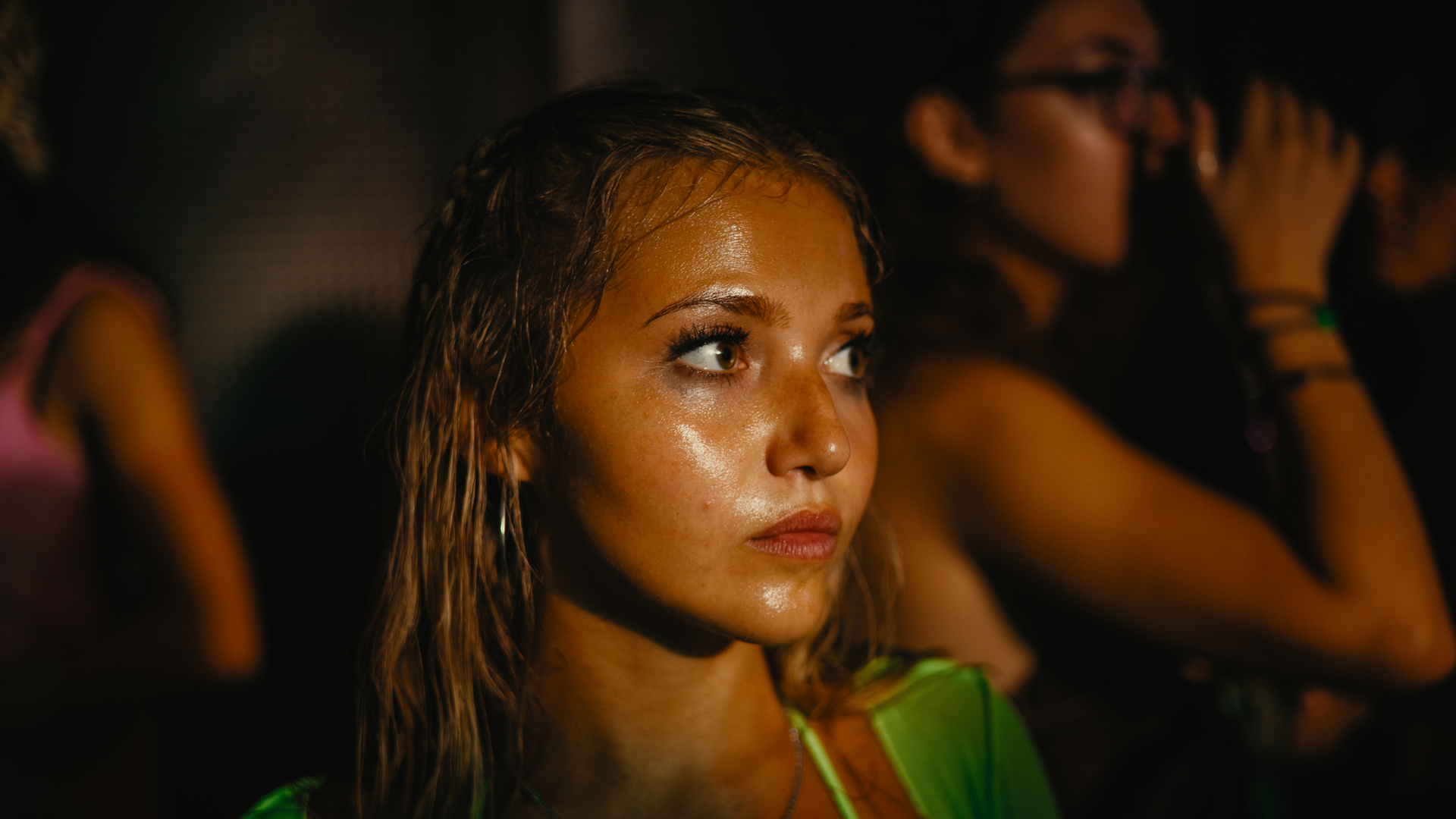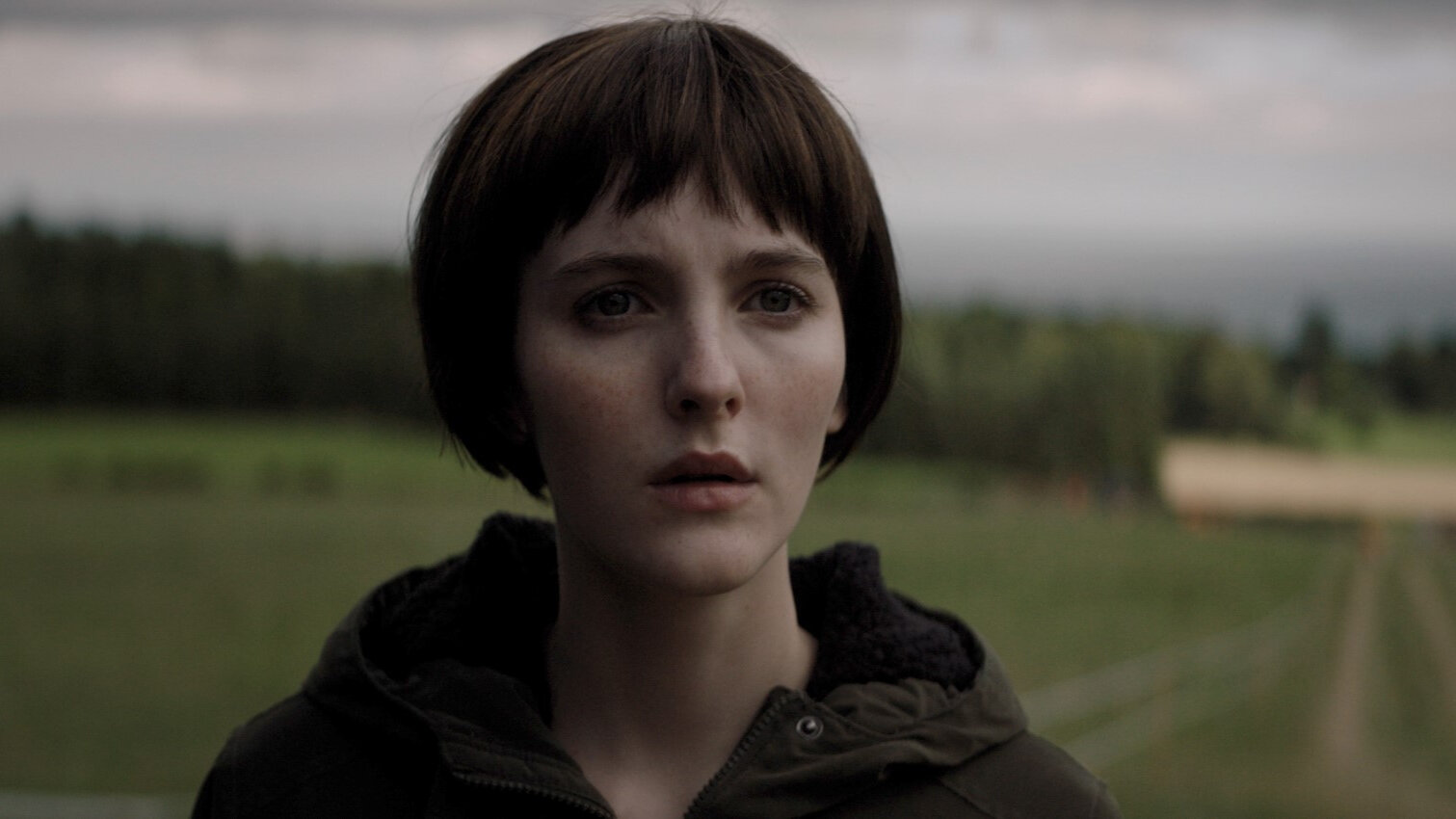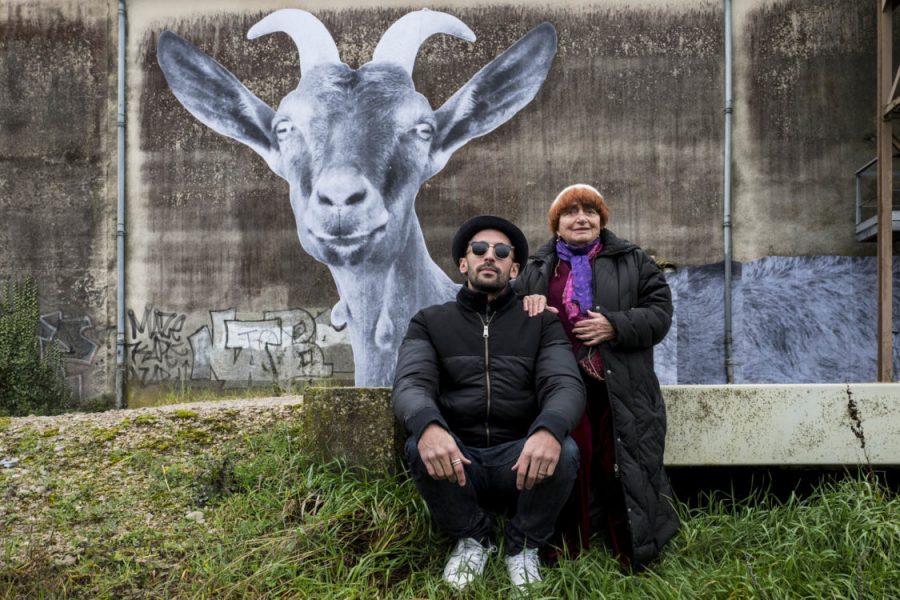In Things to Come, life tests a philosophy professor on the very same subject she teaches. For Nathalie (Isabelle Huppert) — who has two grown-up children, a husband of 25 years, and a recurring publishing contract — the future isn’t something she gives much thought, because she assumes it’ll be more of the same. When her students protest against a law to raise the pension age, this middle-aged ex-anarchist can’t bring herself to engage with their apparently far-sighted cause; unlike them, all she can think about is the present. But then a series of events overturn her life as she knew it and she finds herself, at middle age, staring at a blank slate.
This is a movie about our surprising ability to deal with disaster — the instincts that emerge when we least expect them to. What’s more, it’s about the insistence of life to keep going no matter how difficult a period you’re experiencing — something that might initially seem cruel but that is, actually, your salvation. The film’s academic characters and philosophical preoccupations never feel esoteric, because Hansen-Løve’s gentle, intelligent filmmaking puts people at its center as it explores human resilience — not through stuffy theory, but an intimate study of someone coming to terms with a freedom she never asked for.
Genre: Drama
Actor: André Marcon, Charline Bourgeois-Tacquet, Edith Scob, Edward Chapman, Elie Wajeman, Élise Lhomeau, Grégoire Montana-Haroche, Guy-Patrick Sainderichin, Isabelle Huppert, Jean-Charles Clichet, Julianne Binard, Lina Benzerti, Lionel Dray, Margaretta Scott, Olivier Goinard, Rachel Arditi, Ralph Richardson, Raymond Massey, Roman Kolinka, Sarah Le Picard, Solal Forte, Yves Heck
Director: Mia Hansen-Løve, Mia Hansen-Løve, William Cameron Menzies


